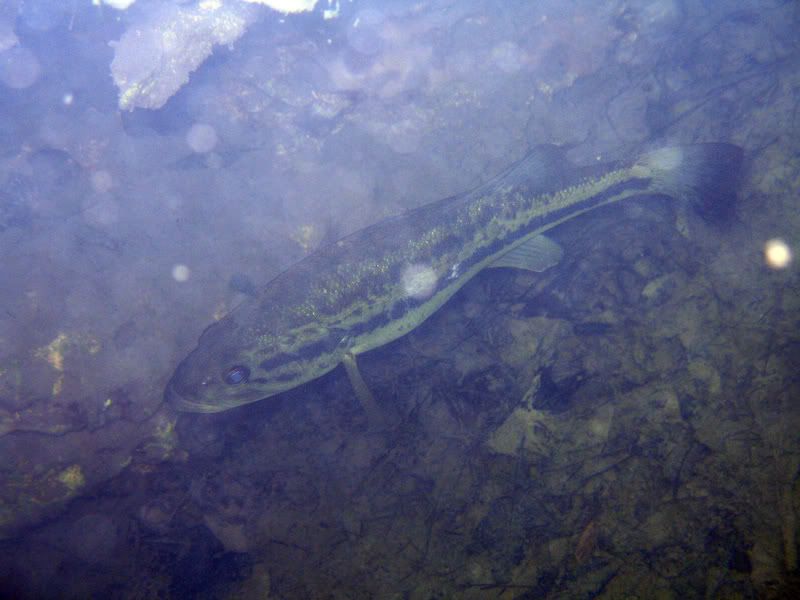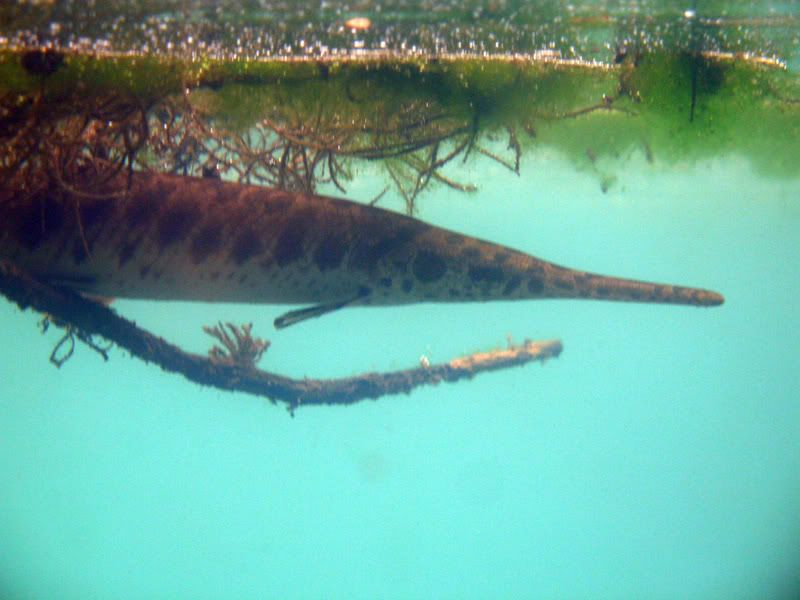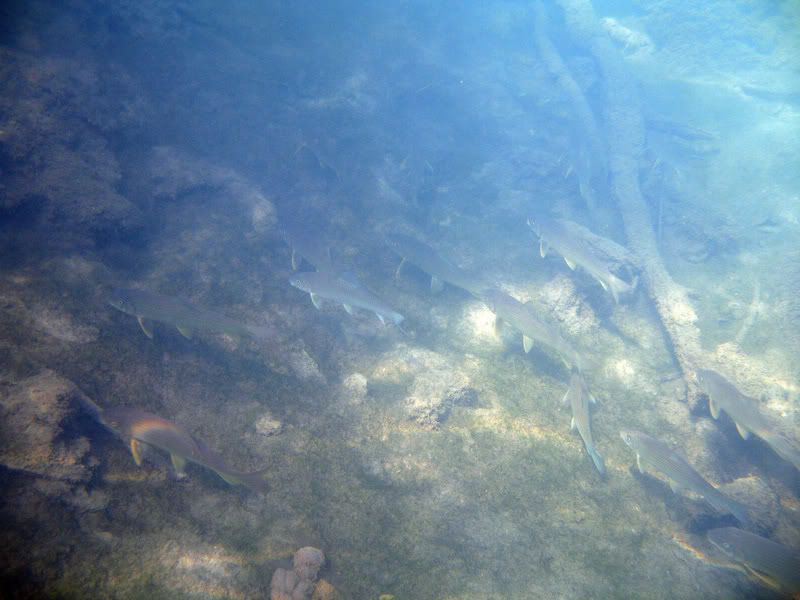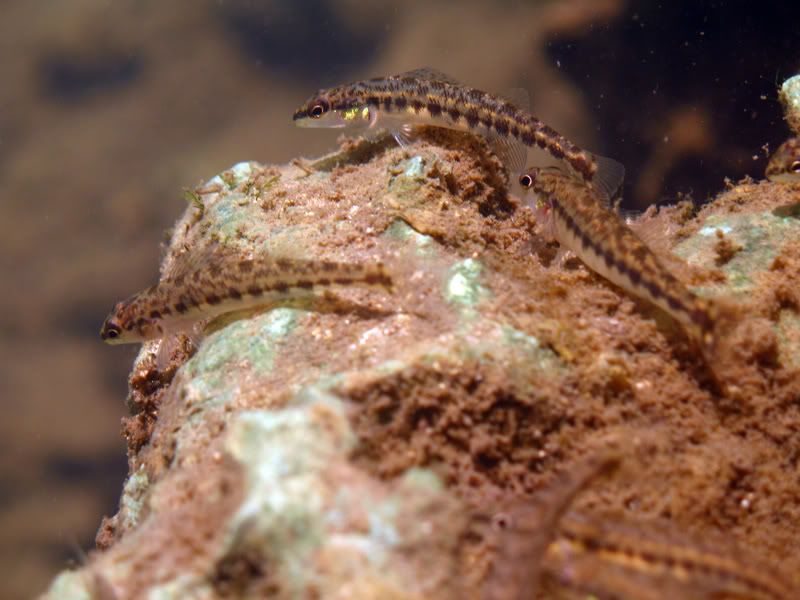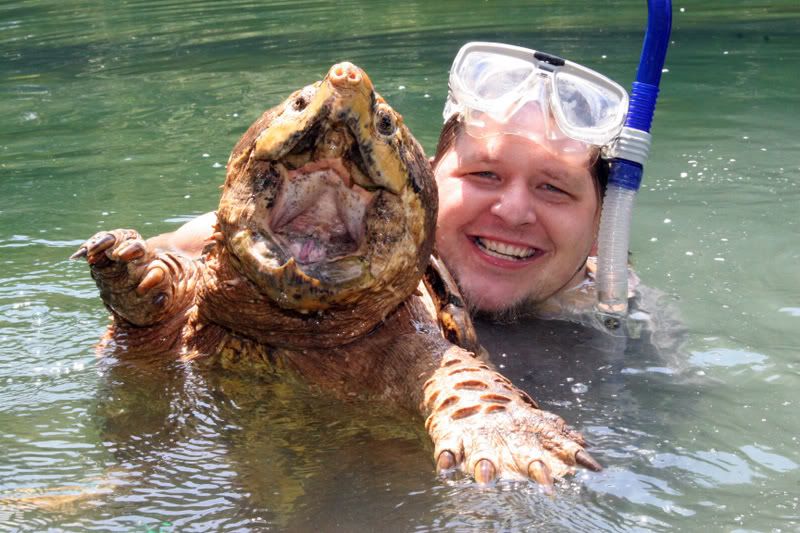I'm an evolutionary biology graduate student. My interests are in phylogenetic systematics, phylogeography, biogeography, and speciation. I'm a firm believer that a laboratory is nothing more than a big, powerful tool and a necessary evil, but that real learning comes from being in the field, before, during, and after a research project. Science is a means for me to be the natural historian I've always wanted to be. I have been all over the U.S. and a few other countries, but my main (and favorite) stomping grounds are the SE Coastal Plain and the Guiana Highlands. My focus for the longest time has been herpetology, but my first loves have always been amphibians, ichthyology, and entomology.
I've kept all kinds of fish over the years, exotic and native. I find characins pretty interesting and despise just about every old world genus imaginable. I've kept lots of different catfish and have done the various African cichlids, but quickly grew bored of them for new world species, especially Geophagus and other earth-eaters. However, I do really dig Paratilapia. I've also kept/keep many of the primitives,which have always been a favorite of mine. Done the whole Polypterus thing and at one time had 5 of the 6 Dipnoi (still have my favorite, Lepidosiren. No matter what though, my tanks always quickly found a native dropped in them and, since I'm somewhat of a purist, quickly were switched over to native tanks.
My favorites have always been what I could find locally. Since I grew up in Florida (and just moved back after 8 years in Texas), this means things like Lepomis, Enneacanthus, Elassoma, various Notropis/Pteronotropis, Fundulus etc. Of course, things like Amia and Lepisosteus are always fun too. Never been much of a fan of the Percidae, though they are fun to look for. My tanks are usually a combination of native fish mixed in with the local aquatic salamanders (Siren, Pseudobranchus, Amphiuma, Necturus). Currently my focus is to find two of my favorites that I've never seen before (and have been somewhat of an obsession for the last decade): E. chaetodon and Acantharchus pomotis.
I spend entirely too much time on a fieldherping forum, enjoy arguing points of view, discussing all things science, and generally giving people a hard time that deserve it
Here's a few shots of some Pteronotropis hypselopterus from a few weeks back:
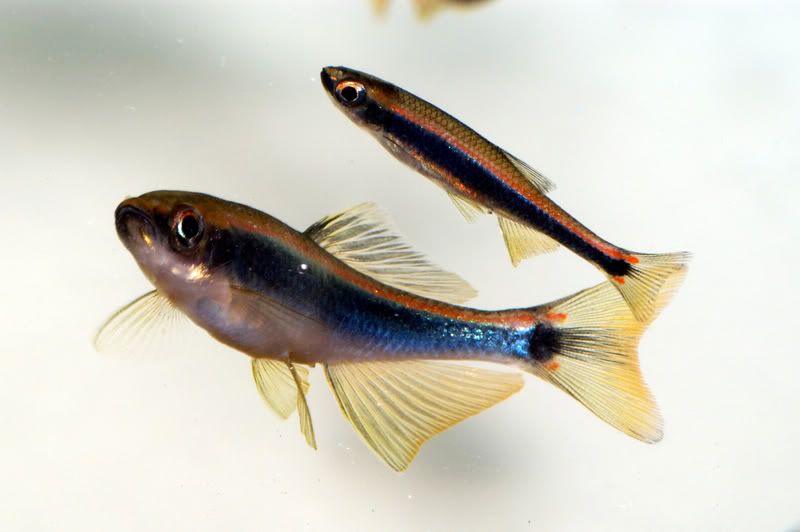
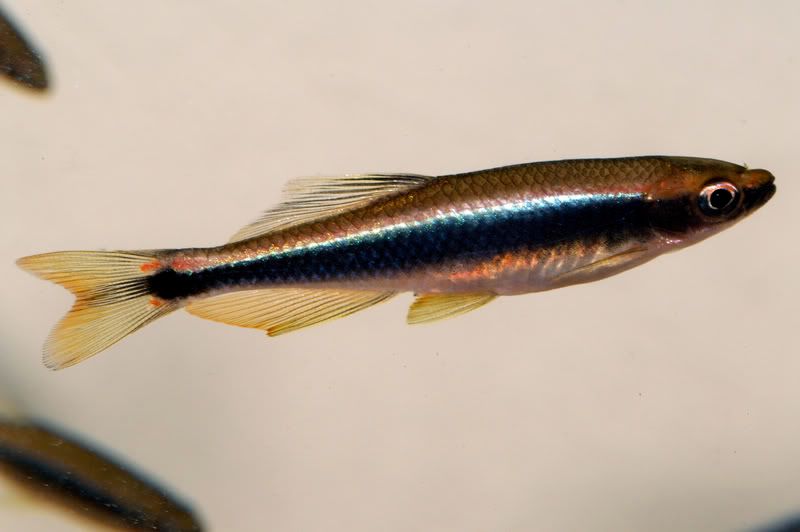
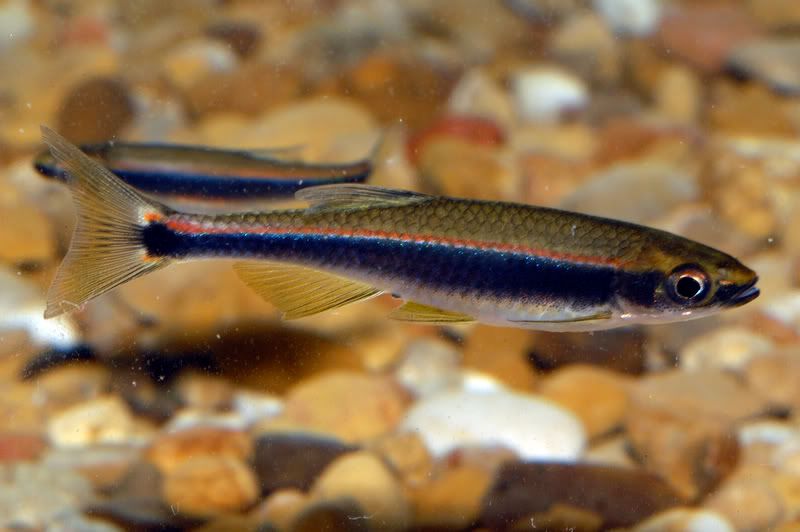
Later, KW


